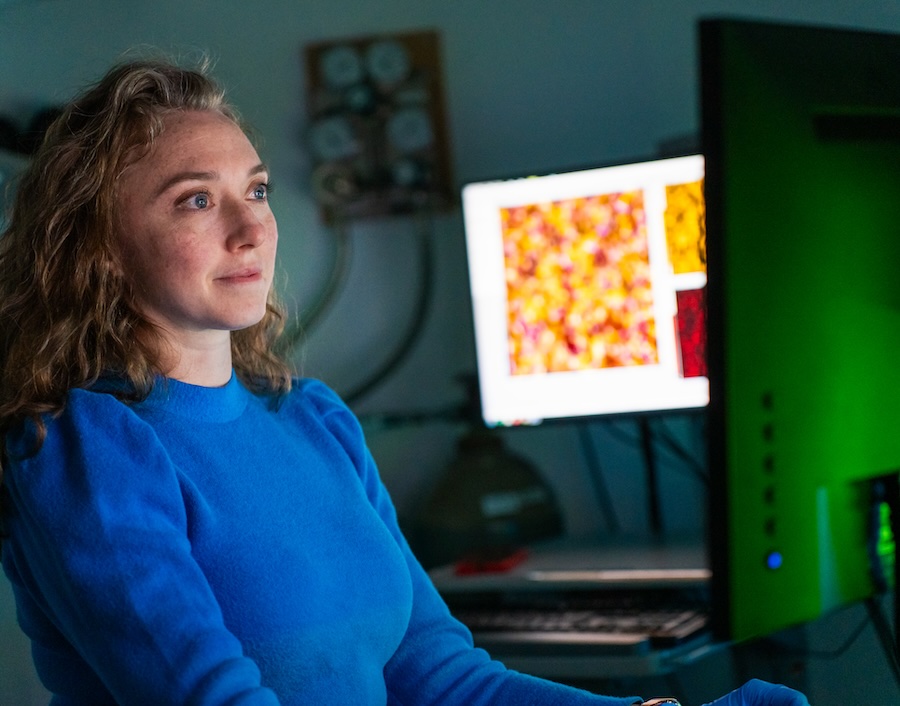Research Reproducibility

The LSP is strongly committed to making our research findings FAIR (Findable, Accessible, Interoperable and Reusable).
LSP investigators thoughtfully consider the factors that influence research reproducibility and advocate for solutions. Whenever feasible, we make our software open-source and release our data available under Creative Commons licenses. We co-host a seminar series that features speakers at the cutting edge of data and knowledge management.
LSP investigators have studied the irreproducibility of preclinical drug response and pharmacodynamic data in detail (Niepel, 2019) and developed multiple methods to address the problem (Hafner, 2016; Mills, 2022). We have also commented on the importance of public data release for reproducibility (AlQuraishi, 2016) and developed methods to make survival data from clinical trials available to the community (cancertrials.io, Plana, 2022).
LSP investigators have also created open-source software and standards for the emerging field of multiplexed imaging. These include MCMICRO, an open-source data processing pipeline that increases the reliability of complex data analysis (Schapiro, 2022a), MITI, a metadata scheme for tissue images (Schapiro, 2022b), and Cylinter, the first quality control software for high-plex imaging data (Baker, 2024).
In addition, we developed Minerva, a lightweight software that makes it possible to view whole-slide multiplex images online without download, which can be a barrier to sharing large image files (Hoffer, 2020; Rashid, 2022). We've partnered with external organizations like cBioPortal (Wala, 2024) and the Data Coordinating Center of the Human Tumor Atlas Network (HTAN) (De Bruijn, 2024) to incorporate the Minerva image viewer into existing data repositories.







